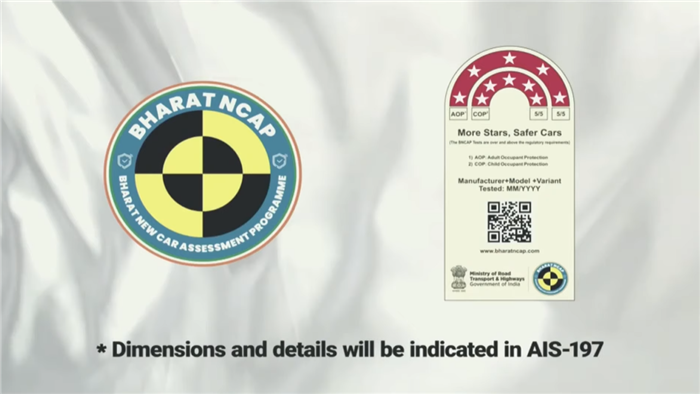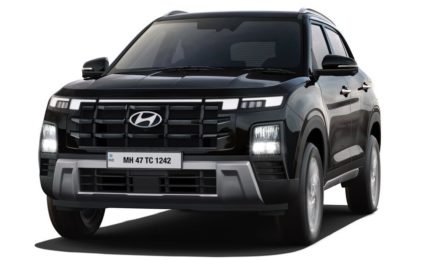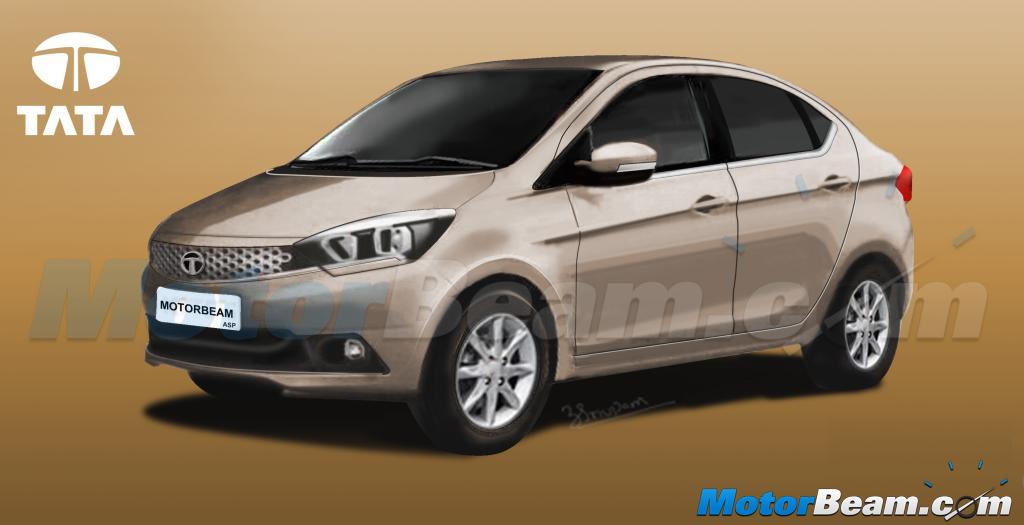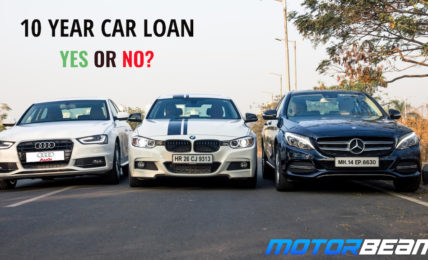
The Bharat NCAP crash test ratings will come into force in India from 1st October 2023. Jointly developed by Global NCAP and the Ministry of Road Transport and Highways, cars tested BNCAP will have a sticker displaying the crash test rating of the car.
As many as 30 cars have already been offered by manufacturers to Bharat NCAP for crash testing, and one of them is expected to be the Tata Safari. The cost of testing one car will be almost Rs. 60 lakh, but if it is done overseas then the cost jumps to Rs. 2.5 crore.
Bharat NCAP will rate the cars on three parameters – Adult Occupant Protection, Child Occupant Protection and Fitment of Safety Features. Three tests will be conducted – front impact, side impact and side pole impact.
The front impact test will be carried out at a speed of 64 km/hr which is the same as Global NCAP. The pole impact test will be carried out only for vehicles scoring 3-stars and above, at a speed of 29 km/hr.
ESC and front seat belt reminders will have to be standard on every car to be eligible for a 3-star or higher rating. The standard eligibility criteria for vehicles is – passenger capacity of up to 8 people, gross weight lower than 3.5 tonnes, and either manufactured in India or imported for sale. BNCAP will also test CNG and electric cars.
Procedure for crash test rating –
- The automaker has to nominate its vehicle for crash testing
- Bharat NCAP authorities will visit the company’s stockyard and pick a random vehicle (base variant only)
- The automaker will dispatch the vehicle to BNCAP’s facility
- The crash test process will be witness by the automaker’s representatives and BNCAP officials
- The results will be compiled and shared with the automaker
- After approval of BNCAP officials, the ratings will be published and the certificate will be issued by Central Institute of Road Transport
Below are the scores for each star rating –
| Rating | Adult Occupant | Child Occupant |
| 1-star | 4 | 9 |
| 2-star | 10 | 18 |
| 3-star | 16 | 27 |
| 4-star | 22 | 35 |
| 5-star | 27 | 41 |




